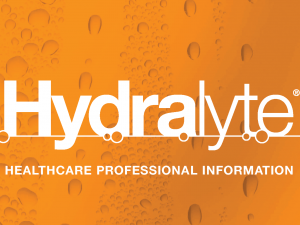Academic pharmacist Nataly Martini provides key information on Helicobacter pylori pathophysiology, diagnosis and evidence-based treatment strategies to enhance patient outcomes
Folic acid - The evidence

Folate, or folic acid in its synthetic form, is important for cell growth.
It is especially beneficial to pregnant women as it can help reduce the prevalence of birth defects. Folic acid is already added to many foods voluntarily, but debate still rages on whether it should be a mandatory addition to bread
Kia ora and welcome to Pharmacy Today Kaitiaki Rongoā O Te Wā
Not a subscriber? Unlock this article by subscribing here.
1. Houghton LA. A country left behind: folic acid food fortification policy in New Zealand. N Z Med J 2014;127: 1399.
2. Huang T, Chen Y, Yang B, et al. Meta-analysis of B vitamin supplementation on plasma homocysteine, cardiovascular and all-cause mortality. Clin Nutr 2012;31: 448–54.
3. Hooshmand B, Solomon A, Kåreholt I, et al. Associations between serum homocysteine,holotranscobalamin, folate and cognition in the elderly: a longitudinal study. J Intern Med 2012;271: 204–12.
4. Walker JG, Batterham PJ, Mackinnon AJ, et al. Oral folic acid and vitamin B-12 supplementation to prevent cognitive decline in community-dwelling older adults with depressive symptoms–the Beyond Ageing Project: a randomized controlled trial. Am J Clin Nutr 2012;95: 194–203.
5. Coppen A, Bolander-Gouaille C. Treatment of depression: time to consider folic acid and vitamin B12. J Psychopharmacol 2005;19: 59–65.
6. Taylor MJ, Carney S, Geddes J, et al. Folate for depressive disorders. Cochrane Database Syst Rev 2003;(2): CD003390.




